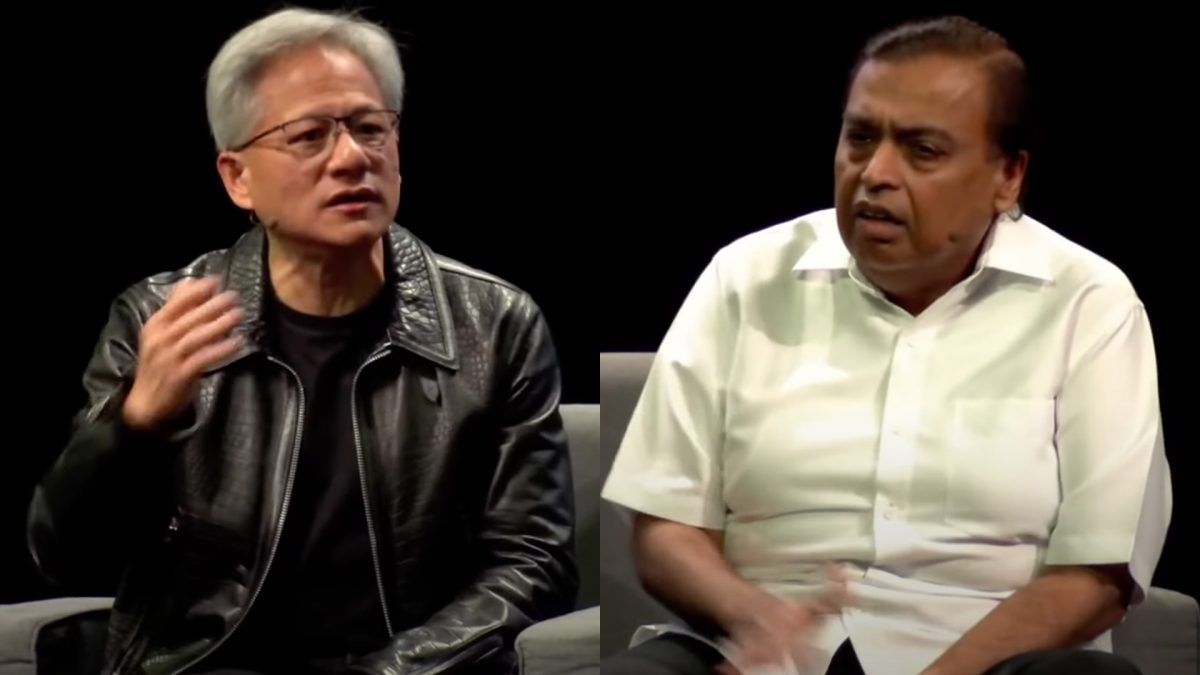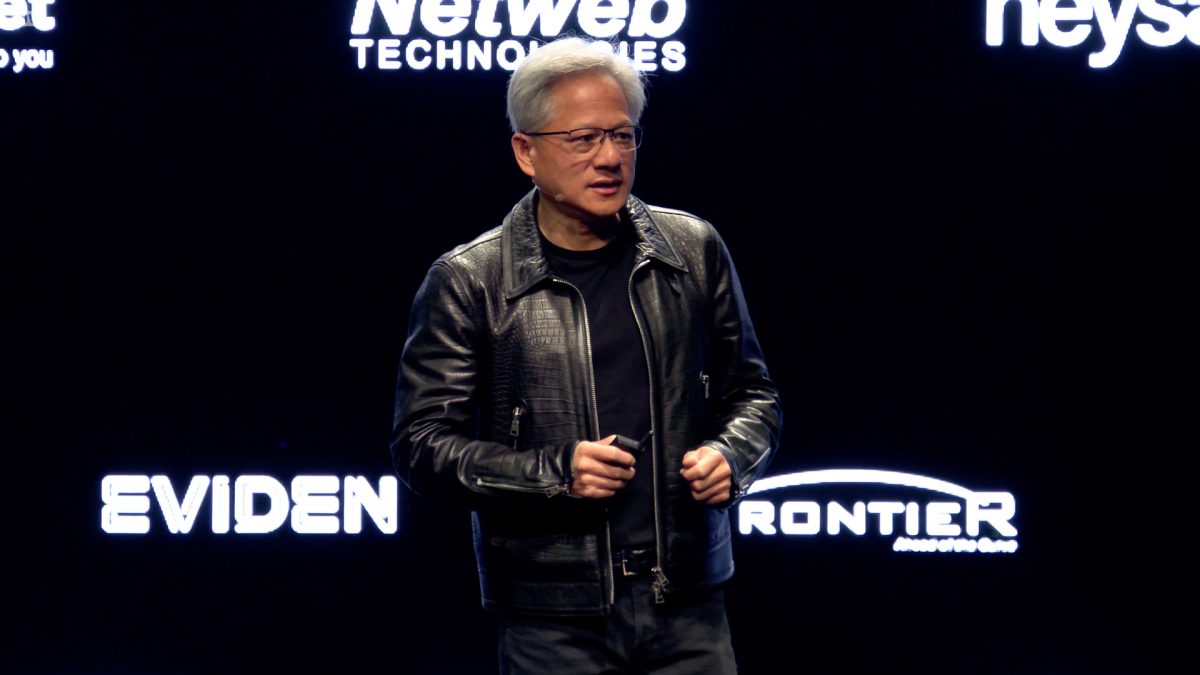Steve Endacott, chairman of the AI company Neural Voice, is vying for a seat in the UK Parliament with an extraordinary twist: his campaign is spearheaded by an AI avatar named “AI Steve” read more
)
If AI Steve encounters a question on a topic for which Endacott does not yet have a policy, the AI will research the issue, engage in further discussions with voters, and even encourage them to suggest policies. Image Credit: Reuters
Last week we saw a rather bizarre development coming out of the US, specifically, the state of Wyoming — a man running for a mayoral office, on the promise that he would let an AI take all decisions if he is elected. Essentially, an AI bot would have the final say on some crucial matters of the state. Now, we are seeing something similar happen in the UK as it moves closer to its general elections this year.
Steve Endacott, chairman of the AI company Neural Voice, is vying for a seat in the UK Parliament with an extraordinary twist: his campaign is spearheaded by an AI avatar named “AI Steve.”
Endacott is a candidate in the Brighton Pavilion constituency and describes himself as a “real politician” who will enter Parliament guided by his AI counterpart, AI Steve.
Central to this groundbreaking campaign is the use of AI to forge a politician who is always available to constituents, keenly listening to their concerns and integrating their feedback into policy decisions.
AI Steve, driven by Neural Voice’s advanced language model and a comprehensive database of Endacott’s party policies, allows voters to interact directly through its website. Constituents can ask AI Steve questions or express their opinions on Endacott’s platform. The AI avatar responds both in voice and text, using its extensive knowledge to provide well-informed answers.
If AI Steve encounters a question on a topic for which Endacott does not yet have a policy, the AI will research the issue, engage in further discussions with voters, and even encourage them to suggest policies. This ongoing interaction aims to establish a continuous feedback loop between the candidate and the electorate.
Endacott’s previous attempt at politics, running as a Conservative candidate in a 2022 local election, did not succeed. This time, his innovative approach has captured significant attention. The launch of AI Steve sparked widespread online discussions and resulted in over 1,000 calls to the AI candidate in just one night.
When asked about Brexit, a significant topic in UK politics, AI Steve responded, “As a democracy, the UK voted to leave, and it’s my responsibility to implement and optimize this decision regardless of my personal views on the matter.” The AI then engaged voters by asking, “Do you have any thoughts on how Brexit should be managed in the future?”, showcasing its ability to interact with constituents and gather their input.
Whether AI Steve’s campaign will succeed is still uncertain. However, this bold experiment raises important questions about the role of AI in politics, the future of voter engagement, and what it means to be a representative in a democratic system.

 4 months ago
28
4 months ago
28
)
)
)
)
)
)
)
)
)
)
)
)
)
)
)
)
)
)
)
)
)
)
)
)
)
 English (US) ·
English (US) ·